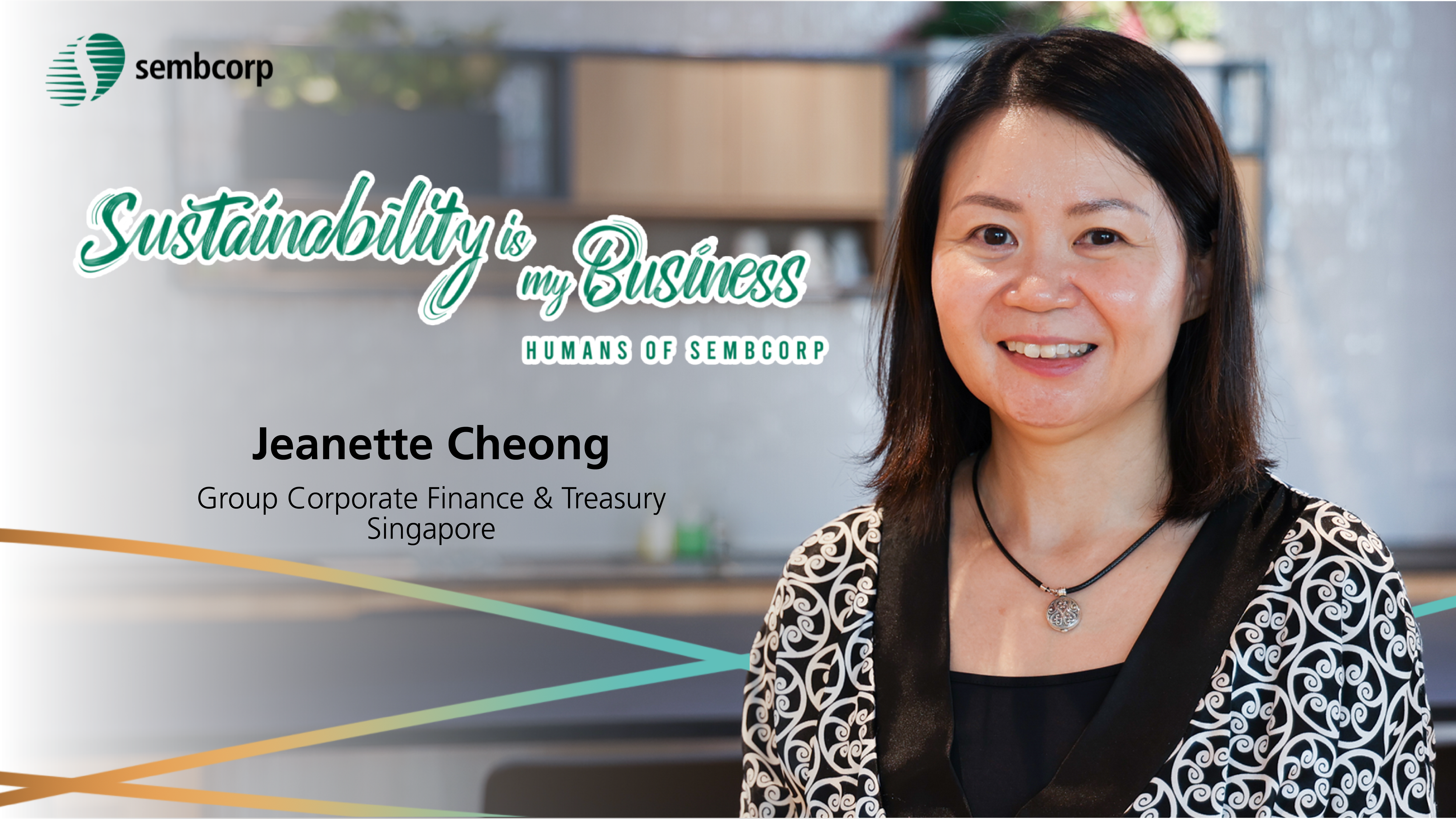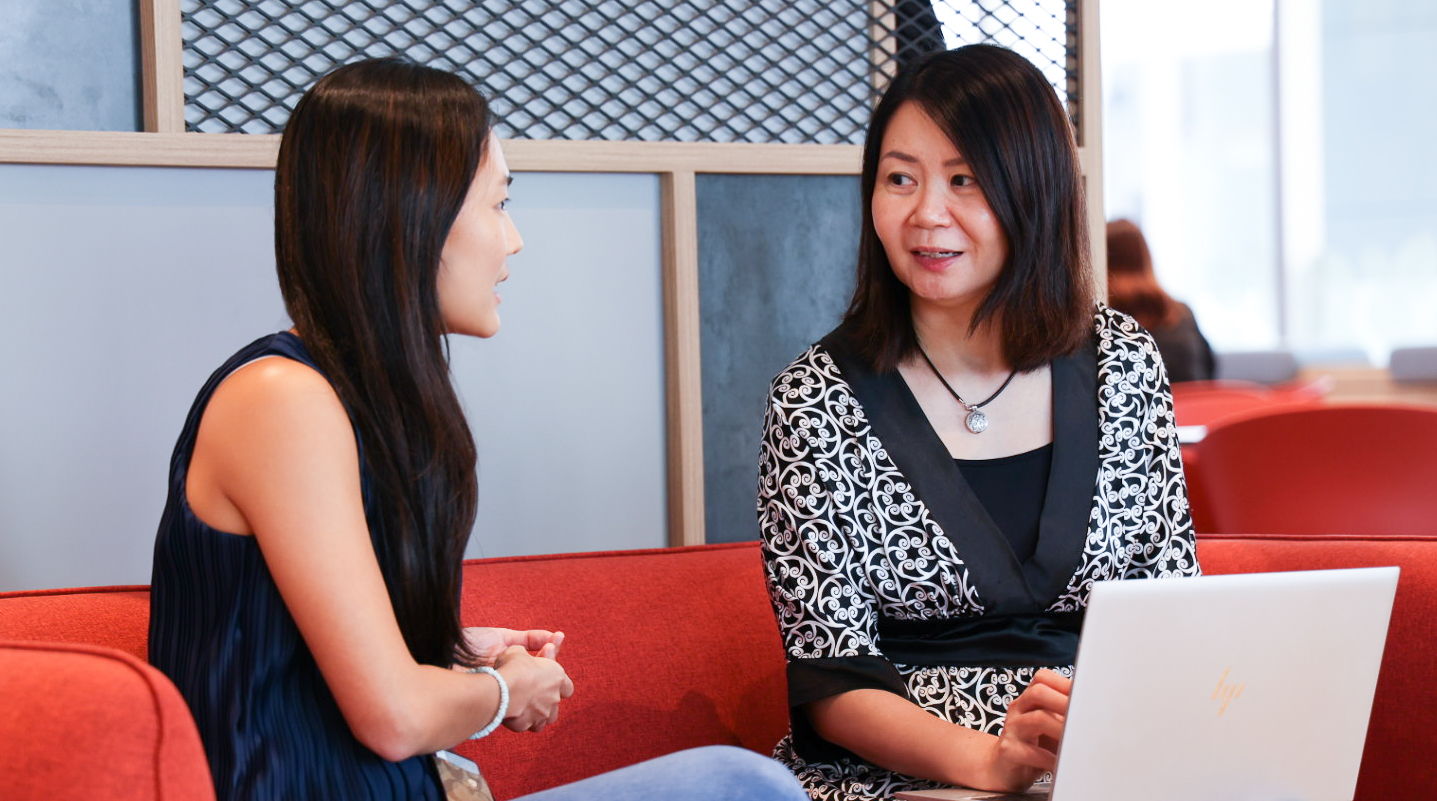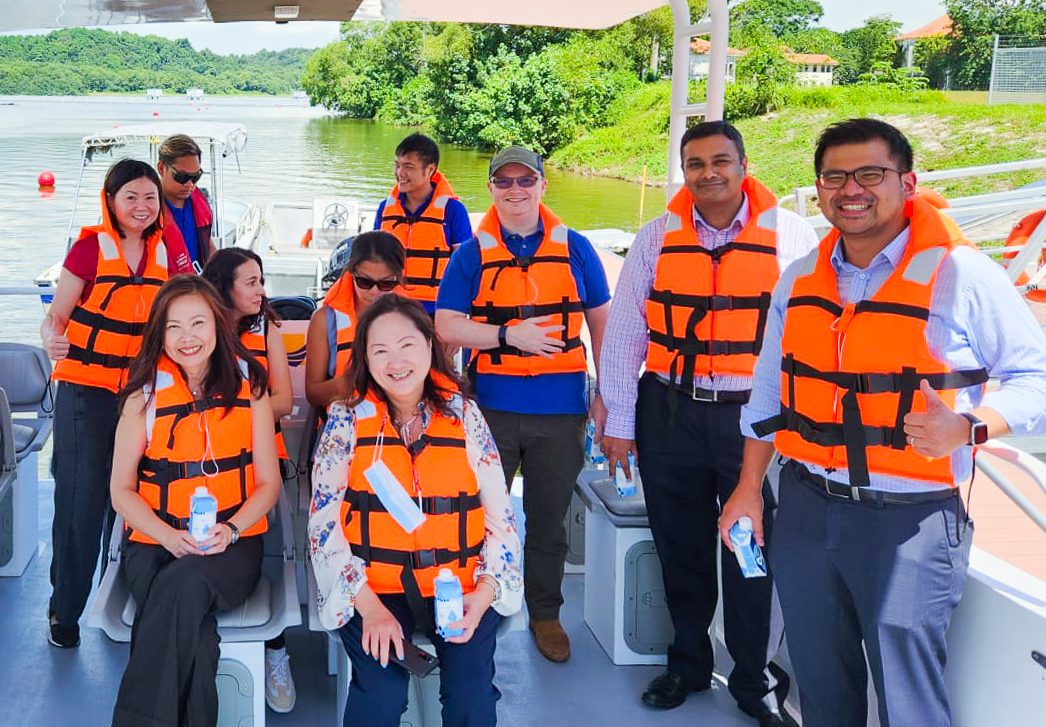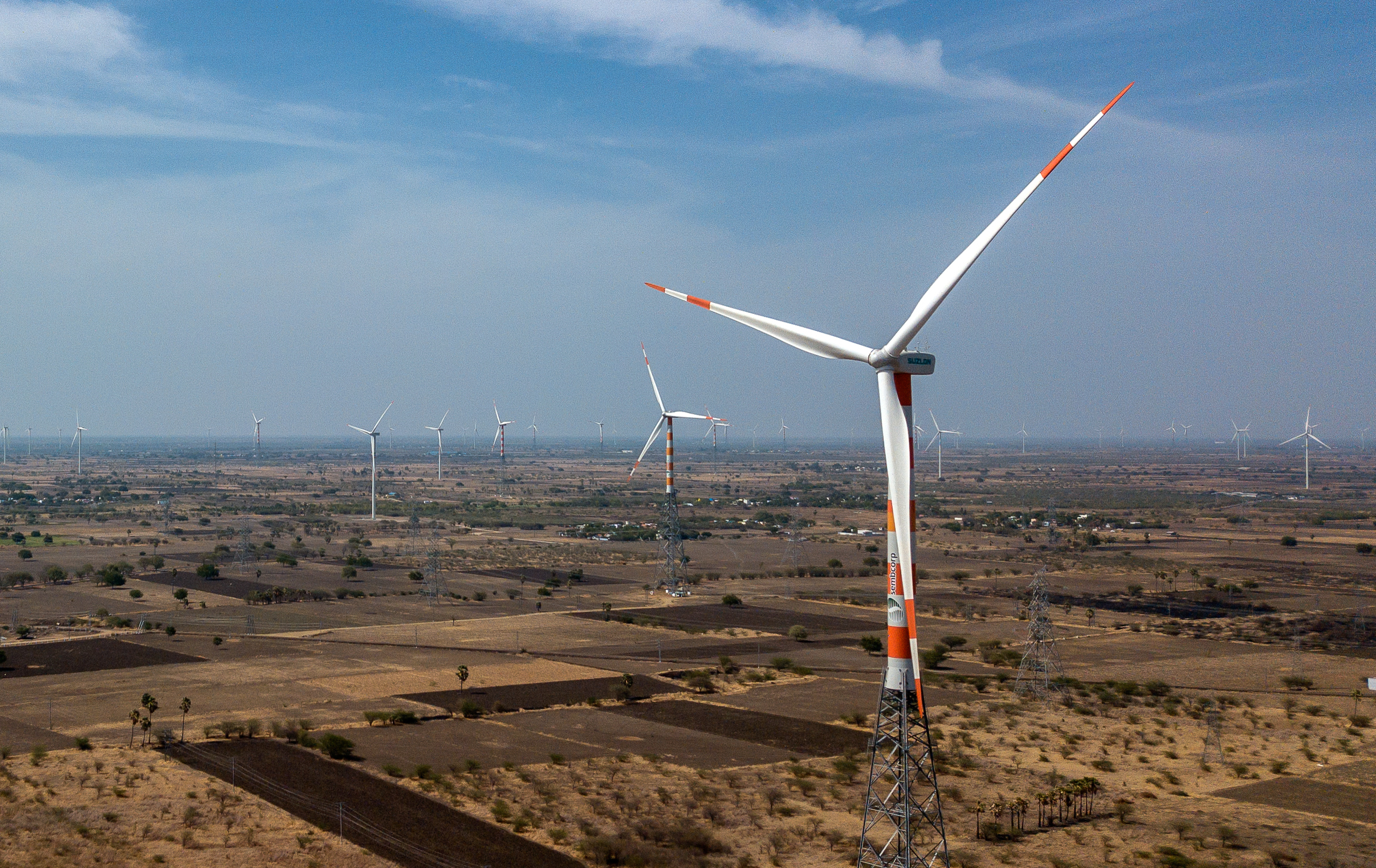
1. Tell us more about yourself.
I joined Group Corporate Finance & Treasury since May 2021 and was in time to assist in the issuance of Sembcorp’s first green bond and first sustainability-linked bond issuance. I further supported Sembcorp’s first syndicated sustainability-link revolving credit facility. I worked closely with other departments in Sembcorp to fine tune the relevant policies and procedures to meet the high environment and social standards in our projects.

This raises our own Environment and Social yardstick and will eventually enable us to procure more funding from them, allowing us to achieve our Group Strategy to transition from brown to green. Other than the work in Singapore, I also support the treasury activities in India, including working with the India team to explore optimal financing solutions and driving loan negotiations.

2. Why is financing important to sustainability for a company like Sembcorp?
To be sustainable means we need to reduce our carbon footprint and transit from using fossil fuel to renewable energy. At Sembcorp, we use sustainable finance as a key instrument to mobilise capital towards the development of sustainable solutions. Through our green financing and sustainable financing frameworks, we hold ourselves accountable to our brown to green transformation and to the targets we have set to grow our renewables portfolio. With this, we are showing our commitment to support the global energy transition and sustainable development.
To date, we have secured S$3.3 billion of sustainable and green financing! The strong support from investors and banks from around the world not only shows a strong and growing global demand for sustainable and green financing, but it also shows how we as a company can play a big role in building a sustainable future.

3. How can one choose to become more sustainable in what they do?
In my day-to-day, I always try to be aware of where I spend or invest my money. As consumers, while we may not be able to stop all unsustainable practices, we have the power to decide what we consume. By choosing sustainable options for everyday things such as food, clothes, and transport, we can reduce demand on unsustainable goods and services, and hopefully phase them out eventually.
Sustainability may sound like a big word, but when you break it down, it is about taking small actions that will lead to a bigger outcome. We should all take a step back to reflect on we do at work and at home in our sustainability journey. Don’t be daunted and underestimate what we can achieve as individuals and collectively as a company!
